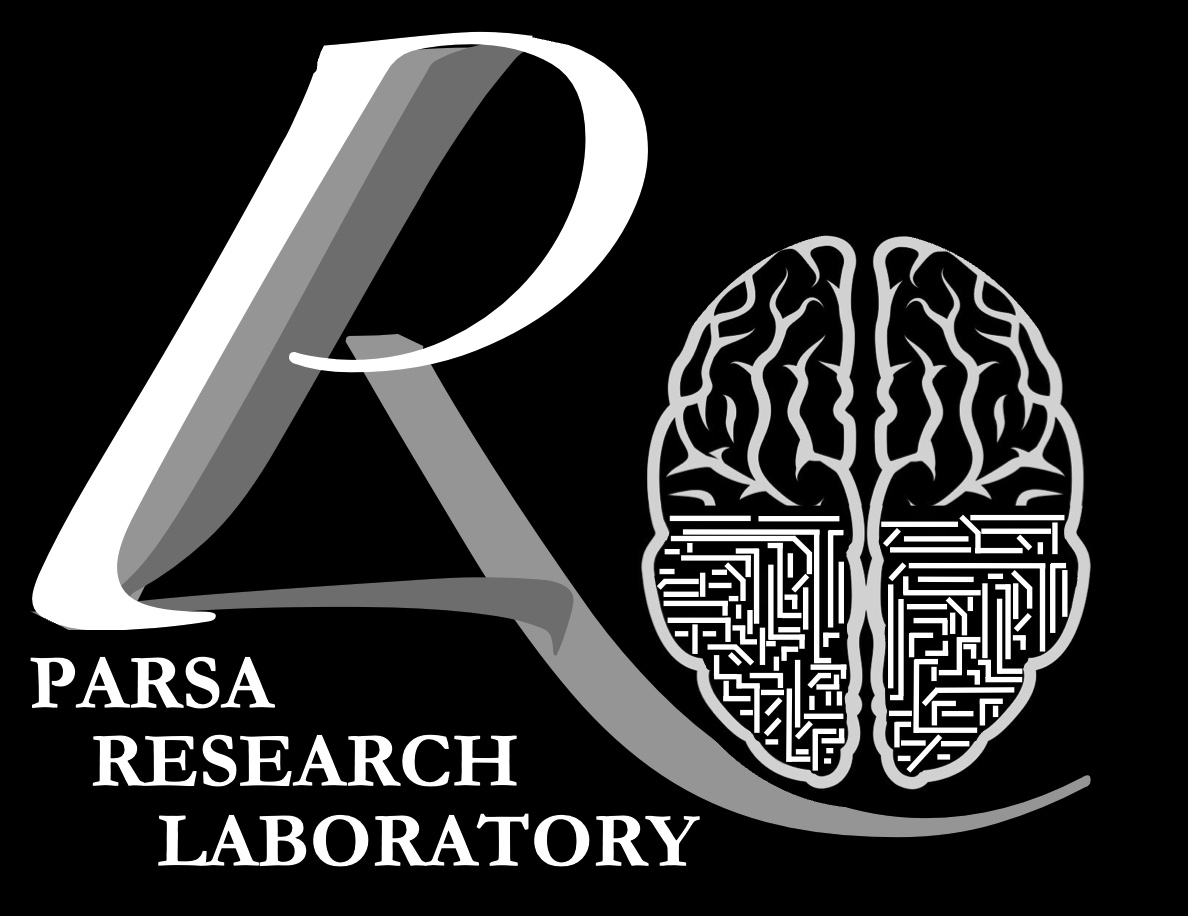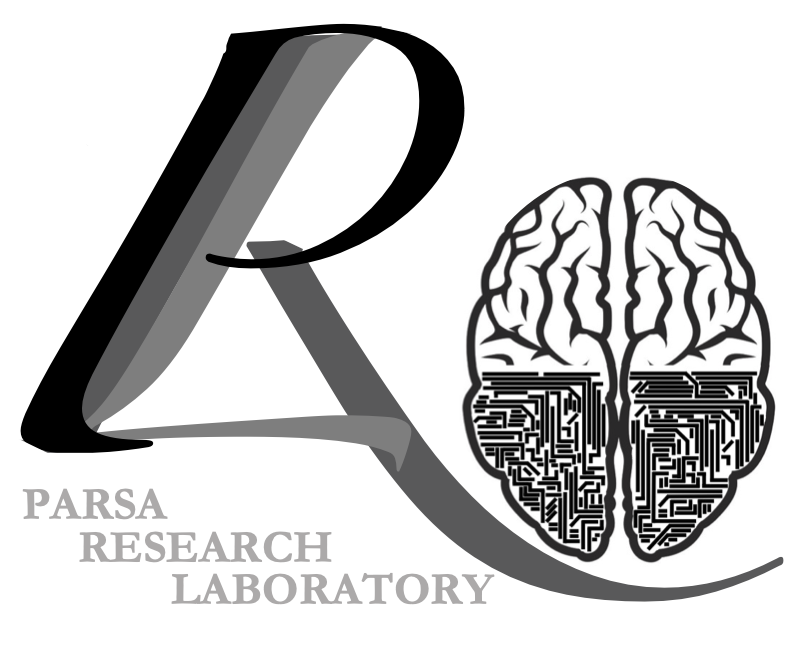


Parsa Research Laboratory (PRL) was born on 08/25/2021 at George Mason University in the Electrical and Computer Engineering department of the Volgenau School of Engineering, College of Engineering and Computing.
At PRL, we believe in taking inspiration from brain to advance cognitive computing and enable novel autonomous intelligent systems for edge computing and large-scale distributed learning. We specifically focus on omnidirectional microelectronics co-design to produce safe, robust, and resilient neuromorphic systems. We have broad interests in the areas of cognitive computing (cognitive vision and cognitive memory), neuromorphic computing, hyperdimensional computing, evolutionary and Bayesian learning, physics-informed intelligence, neural architecture search and multi-objective optimization across the full stack of materials, devices, circuits, systems, algorithms, and applications. In addition, we are developing novel hierarchical learning/training approaches based on evolutionary, Bayesian, and synaptic learning rules. We are interested in wide range of applications such as communication and signal processing, control and robotics, smart healthcare, smart grid, and cyber-physical systems.